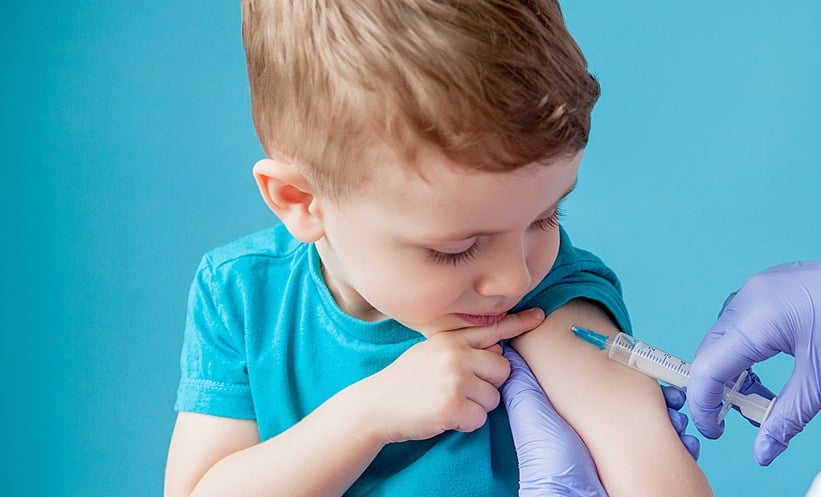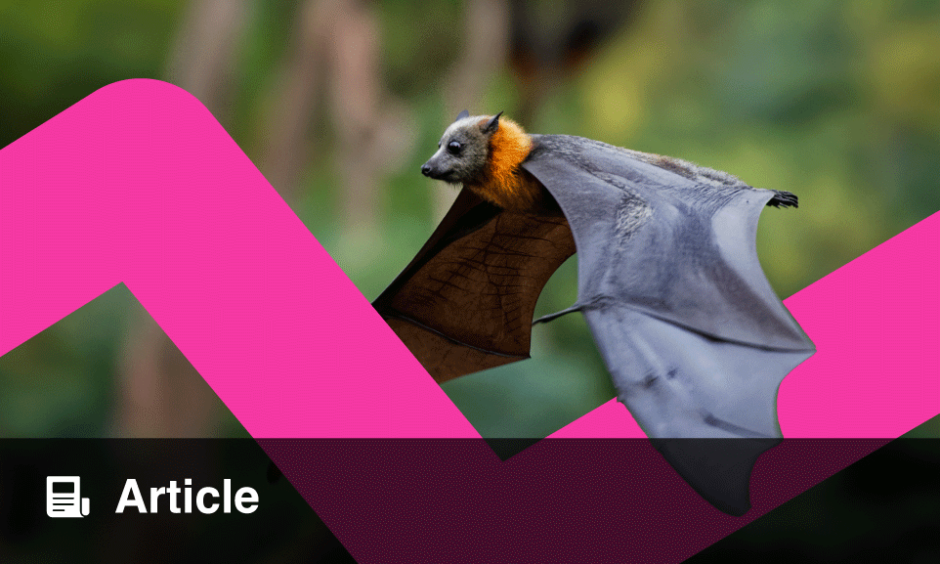A RECENT study has evaluated the effectiveness of influenza vaccines in children aged 6–59 months in Spain during the 2023–2024 flu season, following the first national recommendation for this age group to receive vaccination.
The research, conducted using data from the Surveillance System of Acute Respiratory Infections in Spain (SiVIRA), assessed vaccine effectiveness against acute respiratory infections (ARI) in primary care settings and severe ARI (SARI) requiring hospitalisation.
The study found that influenza A, specifically the A(H1N1)pdm09 subtype, was the predominant strain circulating, while influenza B showed minimal presence. The national vaccination campaign began in Week 39 of 2023, utilising a combination of inactivated tetravalent vaccines and a live attenuated intranasal vaccine. Despite the free availability of vaccines, the overall vaccination coverage among children was relatively low at 31.16%.
In primary care, influenza vaccine effectiveness (IVE) against any influenza was 70% (95% CI: 51–81). IVE was particularly high against the predominant A(H1N1)pdm09 subtype at 77%, and protection against clade 5a.2a was even higher at 96%. However, the vaccine’s effectiveness against the A(H3N2) subtype could not be determined accurately due to limited cases. Among hospitalised patients with SARI, the point estimate for IVE was 77%, though precision was low, making subtype-specific estimates less reliable.
Two sensitivity analyses were conducted to refine the findings. Including patients who tested positive for other viruses, such as SARS-CoV-2 or respiratory syncytial virus, slightly altered the results but still demonstrated strong IVE against A(H1N1)pdm09. Another analysis reclassified patients with unknown vaccination status, resulting in increased IVE estimates in hospitals but reduced confidence for A(H3N2).
The results are consistent with other European studies that reported similar levels of IVE. For instance, the European multicentre study estimated an IVE of 71% in children under 17 years of age. Meanwhile, lower effectiveness was observed in the USA, with estimates ranging from 59–67% in outpatient settings.
This study supports the effectiveness of influenza vaccination in young children aged 6–59 months to prevent severe illness and hospitalisation. It also points to the need for continued monitoring and evaluation to optimise vaccination strategies in this vulnerable population.
Ada Enesco, EMJ
Reference
Pérez-Gimeno G et al. Effectiveness of influenza vaccines in children aged 6 to 59 months: a test-negative case-control study at primary care and hospital level, Spain 2023/24. Euro Surveill. 2024;29(40):2400618.








